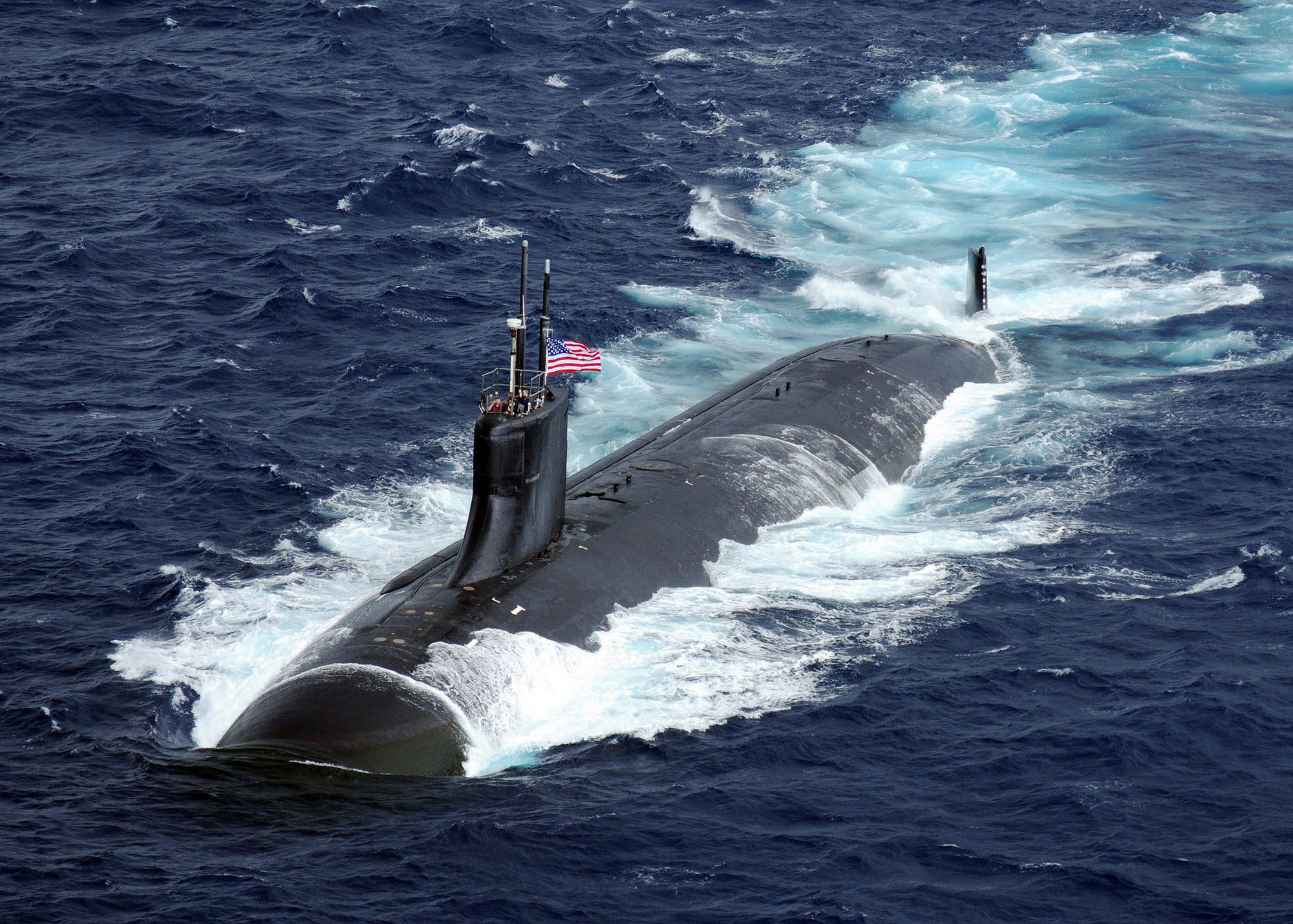As the West considers the threat posed by China's naval ambitions, there is a natural tendency to place overarching attention on the South China Sea. This is understandable: Consolidating it would provide Beijing with a huge windfall of oil and natural gas, and a potential chokehold over up to 40 percent of the world's shipping.
But this is only the most obvious manifestation of Chinese maritime strategy. Another key element, one that's far harder to discern, is Beijing's increasing influence in constructing and repairing the undersea cables that move virtually all the information on the internet. To understand the totality of China's "Great Game" at sea, you have to look down to the ocean floor.
While people tend to think of satellites and cell towers as the heart of the internet, the most vital component is the 380 submerged cables that carry more than 95 percent of all data and voice traffic between the continents. They were built largely by the United States and its allies, ensuring that (from a Western perspective, at least) they were "cleanly" installed without built-in espionage capability available to our opponents. U.S. internet giants including Google, Facebook and Amazon are leasing or buying vast stretches of cables from the mostly private consortia of telecom operators that constructed them.

















With your current subscription plan you can comment on stories. However, before writing your first comment, please create a display name in the Profile section of your subscriber account page.